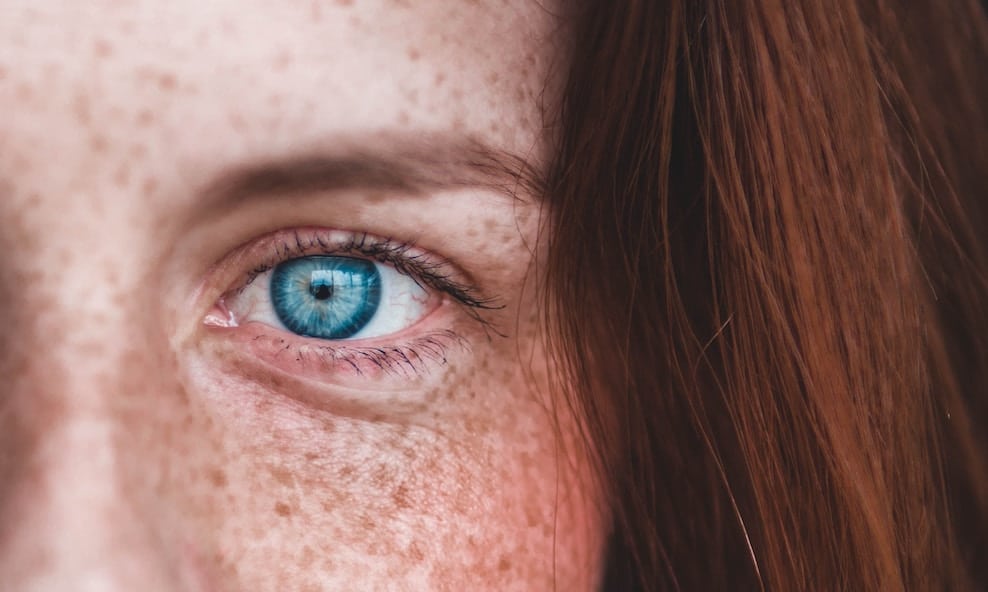What Is Eye Twitching?
Eye twitching refers to the involuntary, abnormal blinking of the eyelid. This irregular blinking can occur numerous times throughout the day and, when severe, may impact your vision.
The process of closing your eyelid involves one facial muscle, while another raises it. Issues with either of these muscles, or sometimes both, can trigger eye twitching. Other eye muscles may also contribute to this phenomenon.
Occasional eyelid twitching is experienced by many individuals, especially when fatigued or after consuming significant amounts of caffeine. Frequent eye twitching, however, is relatively uncommon. While it can affect anyone, it is more prevalent in middle-aged and older women.
What Leads to Eye Twitching?
One common cause of eyelid twitching is ocular myokymia, a benign condition that does not lead to other problems. Factors such as fatigue, excessive caffeine intake, or stress can trigger ocular myokymia. Persistent and frequent twitching can be associated with a condition known as benign essential blepharospasm, where both eyes close or twitch simultaneously. Researchers are not entirely certain about its exact cause but believe it may involve issues with the muscle groups surrounding the eye, potentially related to the basal ganglia, a part of the brain. Genetic factors may also contribute to it in some individuals.
In rare cases, eye twitching may be linked to other neurological or brain-related issues, including:
- Parkinson’s disease.
- Brain damage resulting from inflammation or a stroke, particularly affecting the thalamus, basal ganglia, or brain stem.
- Reactions to specific mental health medications.
- Meige syndrome, a nervous system movement disorder.
- Multiple sclerosis.
- Hemifacial spasm.
- Bell’s palsy.
These health conditions often present additional symptoms.
Who Is Prone to Eye Twitching?
A history of head injury may elevate the risk of experiencing eye twitching. Additionally, individuals may be at higher risk if it runs in their family or if they have used certain mental health medications.
When to Consult a Physician Regarding an Eye Twitch?
In general, it is advisable to seek medical attention if you encounter:
- Prolonged twitching lasting beyond a few days.
- Twitching occurring in other facial or bodily regions.
- Weakness, drooping of the eyelid, or double vision.
- Increased sensitivity to light.
- Redness in the eyes.
- Swelling of the eyelid.
- Eye discharge.
- Feelings of lightheadedness.
- Blurred vision or the loss of vision in one or both eyes.
When Is an Eye Twitch Indicative Of a More Serious Issue?
In extremely rare instances, an eyelid twitch may signal a nerve or brain-related disorder. If your sole symptom is an eye twitch, it is likely a sporadic spasm typically triggered by stress. However, if you are also experiencing additional symptoms, it is prudent to consult your doctor promptly, as it could be indicative of a more serious condition, such as:
- Bell’s palsy.
- Corneal scratches.
- Dystonia, including facial, oromandibular, and cervical forms.
- Multiple sclerosis (MS).
- Parkinson’s disease.
- Tourette’s syndrome.
Typically, eye twitches are merely a minor inconvenience. In most cases, they can be viewed as a signal that it’s time to pause, relax, and address stress. Only in exceedingly rare instances, when an eyelid twitch suggests a more serious issue, should you respond by seeking medical assistance. If your eye twitches are troublesome or raise concerns, do not hesitate to contact your healthcare provider.
How Is Eye Twitching Diagnosed?
Diagnosing eye twitching typically involves the following steps:
- Health History: Your healthcare provider will inquire about your medical history and conduct a comprehensive physical examination.
- Nervous System and Eye Exam: A thorough evaluation of your nervous system and eyes will be performed as part of the assessment.
- Specialized Eye Care: In many instances, a healthcare provider specializing in eye care, such as an ophthalmologist, will make the diagnosis. If other potential causes of eye twitching are ruled out, you may receive a diagnosis of benign essential blepharospasm or hemifacial spasm, often without the need for further testing.
- Imaging: In some cases, your healthcare provider may order brain imaging tests like a CT scan or an MRI to rule out other medical conditions that could be responsible for the eye twitch.
Eye Twitching Prognosis
The prognosis varies depending on the type of twitching you experience and its underlying cause. Minor twitches are typically painless and pose no harm, often resolving quickly. Blepharospasm is a lifelong condition, but you may find that you can minimize symptom exacerbations by avoiding specific triggers, such as fatigue or caffeine.

